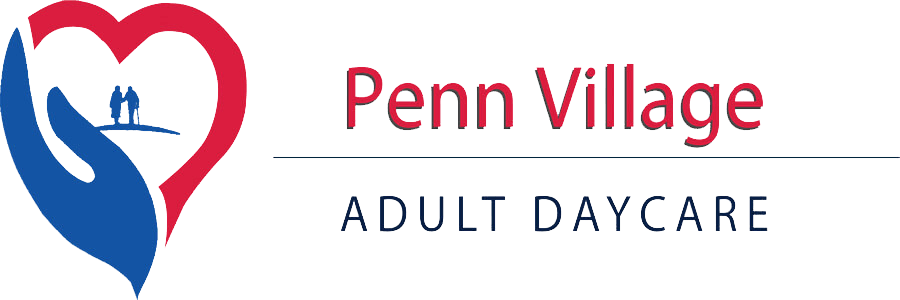
Home health aides are an essential lifeline for many adults living at home — helping with meals, hygiene, and daily routines. But without realizing it, even the most caring aides can contribute to another kind of health risk: isolation.
At Penn Village, we work with families every day who discover that their loved one’s world has quietly grown smaller. A familiar home can start to feel like a cage when there’s no social interaction, no change of scenery, and no sense of purpose beyond the front door.
When Care Turns Into Containment
Most aides mean well — their goal is to protect. But when protection becomes overprotection, clients stop engaging with the world. We’ve met people who stopped walking outside, stopped meeting friends, even stopped talking as much, all because their routines became too small.
Some clients feel obligated to stay home because their aides are scheduled during the same hours as our day programs. We help families coordinate with agencies so both can coexist — keeping the help, but restoring freedom and connection too.
Socialization Is Preventative Care
Loneliness doesn’t just feel bad — it has measurable effects on the body. Studies show it can increase the risk of depression, heart disease, and cognitive decline. That’s why we treat socialization as healthcare.
Our senior activities program is designed to reawaken the mind and spirit: creative workshops, games, celebrations, and shared meals that remind every person they still belong to something larger than themselves.
How Penn Village Helps Rebuild Connection
- Door-to-door transportation — fully wheelchair accessible, with licensed drivers and modern vans
- Structured social activities that encourage conversation, laughter, and gentle movement
- Nutrition support through the federal food program — daily breakfast, lunch, and snacks that feel like a shared table again
- Coordination with home health agencies to align schedules and reduce conflict between care providers
We also act as a bridge for families. If a caregiver seems inattentive or neglectful, our staff steps in to report concerns, follow up, and make sure clients receive the quality of care they deserve. Read more about how we create safety and advocacy in our respite care program.
Real People, Real Stories
We’ve seen clients who came to us quiet and withdrawn — now laughing, moving, and looking forward to each morning. One man recovering from a seizure began attending part-time and now participates in every group activity. A woman struggling with depression after losing mobility found her confidence again through art and light exercise. These changes are real, and they start with community.
Reconnecting Starts With One Visit
If your loved one spends most of their days at home with a caregiver, it might be time to expand their circle. Our staff can help coordinate transportation, meals, and care schedules to make the transition easy.
Visit our contact page to schedule a tour or learn more about adult daycare services in Philadelphia. You can also read related posts:
